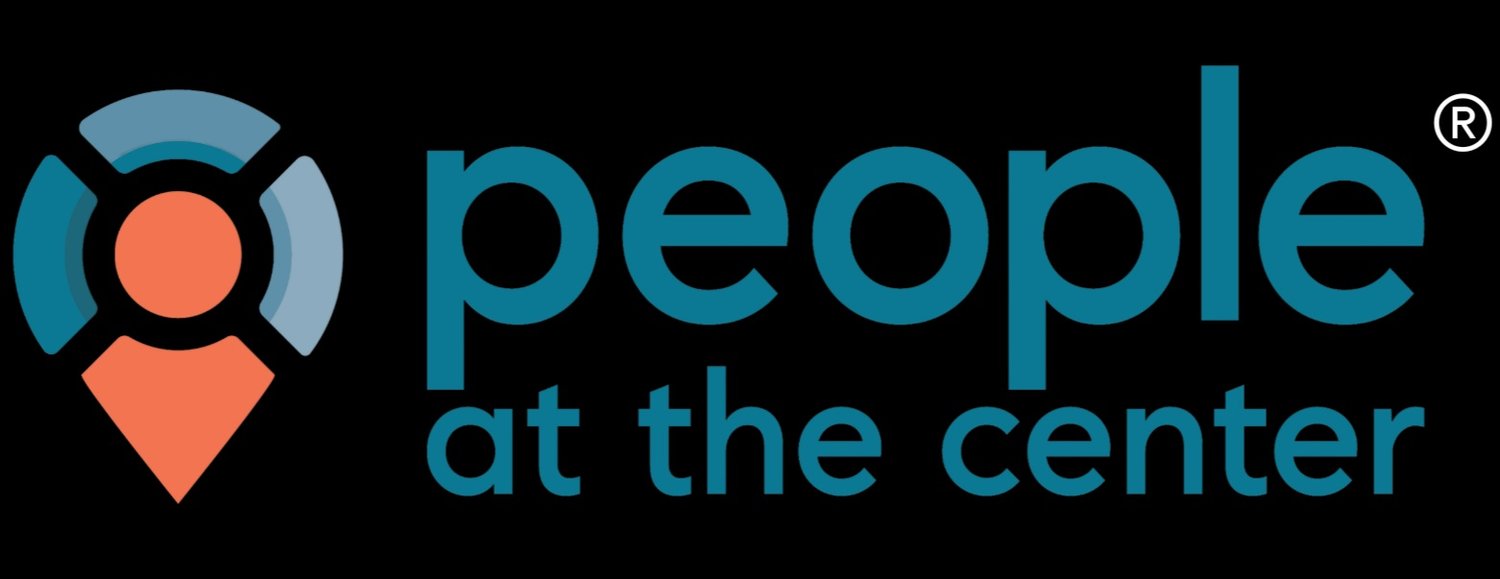Navigating Your Team's Well-Being with Team Health Checks
In the world of organizational development, we often focus on individual milestones, KPIs, and bottom lines. But here's the question that often gets lost amid the hustle and bustle: How is your team doing, really? I'm not referring to the typical metrics or quarterly numbers. I'm talking about the pulse of your team, the collective spirit that can either propel your organization to new heights or stymie its growth. How attuned are you to your team’s dynamics, the level of trust among members, and their overall sense of fulfillment?
Why Team Health Checks Are Essential
The concept of a "healthy team" isn't just an idealistic notion; it's a critical factor in your organization's performance and sustainability. Here's why:
Lower Susceptibility to Turnover: Teams built on a foundation of trust and cohesiveness are far less likely to experience high turnover rates, which are often both emotionally and financially taxing.
Unleashing Creativity and Innovation: High levels of trust and communication within a team can unlock unparalleled levels of creativity. Your next big idea is much more likely to come from a team that’s in sync.
A Proactive Approach to Team Management: Routine Team Health Checks equip leaders with insights that facilitate timely interventions, averting potential crises. As the saying goes, prevention is better than cure.
Increased Job Satisfaction: When employees feel part of a healthy team, job satisfaction and, by extension, productivity increase exponentially.
Awareness is the cornerstone of this transformation. The act of conducting regular Team Health Checks transcends being a mere managerial task; it’s a strategic necessity.
Crafting a Tailored Team Health Check Framework
As someone who has devoted over 20 years to executive coaching and talent development, I've honed a guide to help organizations set up their bespoke Team Health Check frameworks. This guide aims to enhance individual self-awareness, stimulate impactful dialogues, and generate actionable plans for continuous team growth.
The goal of this tool is to increase self-awareness, trigger discussion on how you can improve as a team, and identify how you can be even more successful at collaboratively delivering value to your stakeholders.
In the process, you’ll work together to identify 3-7 themes that are important to the team. These are the areas you’ll look at consistently to gauge health.
As a group, you’ll decide what “green” or “healthy” looks like for each topic. This is where everyone’s participation and communication is key, because one person’s definition of “healthy” might be very different from another person’s perception, which is why it’s so important to talk through these areas as a team. On the flipside, you’ll also decide what “unhealthy” looks like for each area.
Below is an example of what this might look like in action.
It's imperative that every team member actively participates in this evaluative journey. Engaging in candid discussions about the various facets of team dynamics not only fosters improvement but also fortifies the team's resilience. Open dialogue around what's succeeding and what needs reevaluation is the cornerstone of a high-performing team. While some insights might align with your initial perceptions, prepare to be enlightened by unexpected revelations that could prove to be game-changers.
This downloadable tool is a comprehensive PDF guide that will take you through the process of developing your own Team Health Check. Be sure to download it here:
Grab the Team Health Check Guide Here (with your Team Trust Toolkit)
Implementing Your Team Health Check Framework
The key to a useful Team Health Check is recognizing the aspects that are the lifeblood of your specific team. Whether it's the communication dynamics, adaptability to change, or the propensity for innovation, the framework should cater to your team's unique ecosystem.
The Imperative of Consistency
Once you’ve constructed your framework, regularity in revisiting it cannot be stressed enough. Teams evolve, challenges arise, and even victories can alter team dynamics. I recommend a quarterly examination to keep a pulse on the team’s well-being.
Creating a Culture of Open Dialogue
Assign a specific time for Team Health Checks and make sure that this time is protected from other work commitments. Encourage open dialogue in a trust-filled atmosphere. Leaders must also remember that silence has value; provide space for the less vocal team members to speak up.
From Data Points to Tangible Plans: Translating Insights into Action
Once you've gathered your team's collective input, synthesizing this information into an actionable strategy is the next step. As a leader, your role is multi-faceted: You’re a facilitator, a mentor, and sometimes, a mediator. You’ll want to keep an eye out for these key themes:
Immediate Action Items: Some issues will require prompt attention. These could range from inter-team conflicts to deficiencies in resources.
Medium and Long-term Strategies: Not all insights will translate into quick fixes. Some will require strategic planning and may even call for organization-wide changes.
Leveraging Strengths: Understanding your team’s strengths is just as important as knowing its weaknesses. A balanced approach will enable you to capitalize on existing assets while fortifying areas of vulnerability.
The Role of External Consultants
There are times when an unbiased third party can bring untapped value to your team evaluations. As a seasoned executive coach, I can help bring a fresh perspective to your Team Health Checks, offering an impartial but informed viewpoint.
Let's Connect and discuss how I can help.
Team Health Checks are not a luxury; they are an investment in the most valuable asset of your organization—its people. Ignoring team well-being is akin to neglecting the foundation of a building while only polishing its exterior. Adopt Team Health Checks as an integral part of your corporate culture and observe how your team, and consequently your organization, transforms from the inside out.
Download the Team Health Check Guide Here (with your Team Trust Toolkit)

